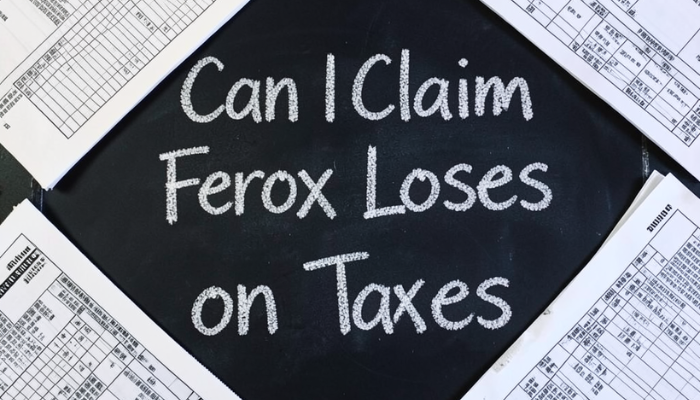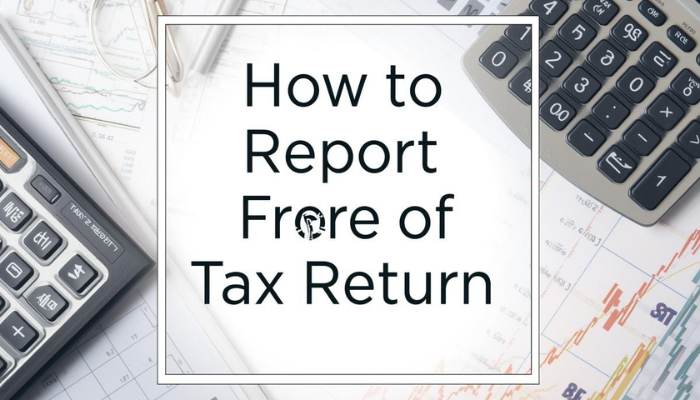
Are labor union dues tax deductible?
Several workers find that being a member of a labor union gives them access to resources like training and legal representation. It also offers protection of their rights and collective bargaining power. But are labor union dues tax deductible?
There are frequent concerns about the financial side of union membership. This is especially true regarding taxation matters.
Our business property tax services help you learn about ‘Are labor union dues tax deductible?’, its tax consequences, and whether you may reclaim them.
What are Labor Union Dues?
Members pay payments known as union dues. These charges fund the union’s projects and operations. Generally speaking, these dues pay for a variety of services and initiatives, including:
- Member education
- Legal representation
- Organizing campaigns
- Collective bargaining agreement negotiation and enforcement
- Administrative expenditures
Are Labor Union Dues Tax Deductible?
Several criteria, such as the kind of dues and individual tax conditions, determine whether union dues are tax deductible. In most cases, union dues are tax deductible if you claim them as an item on your federal income tax return.
However, it is essential to remember that the Tax Cuts and Jobs Act (TCJA) of 2017 significantly altered tax law. It could impact the deductibility of union dues.
Union dues were among the several itemized deductions subject to the 2% floor removed in the TCJA for tax years 2018 through 2025. As such, most workers cannot deduct union dues during this time.
Nonetheless, there could be an exemption for certain taxpayers, such as self-employed and those who claim union dues as a business cost.
What Do Union Dues Pay For?
Dues to the union support several union initiatives and member benefits. The following typical costs are included in union dues:
- Negotiating and enforcing collective bargaining agreements
- Planning and hiring initiatives
- Members’ legal representation
- Programs for instruction and training
- advocacy and lobbying on behalf of employees
- Payroll and other administrative costs, as well as office overhead
Can I Get My Union Dues Back?
Although union dues are generally non-refundable, there are several situations in which members may choose not to pay any or all of their dues. As an illustration:
Some unions provide refunds or rebates for dues to members who are having financial difficulties.
In jurisdictions with a right to work, employees may choose not to pay a portion of their dues allocated to political campaigns or other non-representational expenditures.
Members can take their grievances to their union’s internal procedures or union elections if they disagree with how their dues are used.
Do I have to pay union dues in NY?
In New York, whether you must pay union dues largely depends on your employment situation and the collective bargaining agreement terms between your employer and the union representing your workplace. If your workplace is unionized and covered by a collective bargaining agreement, you may be required to pay union dues or fees as a condition of your employment, even if you choose not to join the union. This is often referred to as an agency fee or fair share fee, which covers the costs of collective bargaining and representation that benefit all employees, regardless of union membership. However, in June 2018, the Supreme Court ruling in Janus v. AFSCME determined that requiring non-union members to pay agency fees violates their First Amendment rights. As a result, public sector employees who are not union members cannot be compelled to pay union dues or fees in New York or any other state.
Private sector employees in New York who are not covered by a collective bargaining agreement generally do not have to pay union dues unless they voluntarily join the union. However, it’s essential to understand your employment situation and consult with legal counsel or your union representative for accurate information regarding union dues obligations. Additionally, the question about can union dues be deducted from taxes. it’s worth noting that deducting union dues is typically not deductible from taxes for most employees, although certain exceptions or circumstances could be deductible.
The Bottom Line
Summarizing ‘Are labor union dues tax deductible?’, it is concluded that union dues may be deductible from taxes depending on certain situations and modifications to the tax code. The primary funding source for union dues is member-only necessary services and programs. However, there may be circumstances in which members might choose to forego paying for some costs or get compensation for others.
Contact us for individualized business and residential property tax services. We assure you of your rights and responsibilities regarding union dues.


